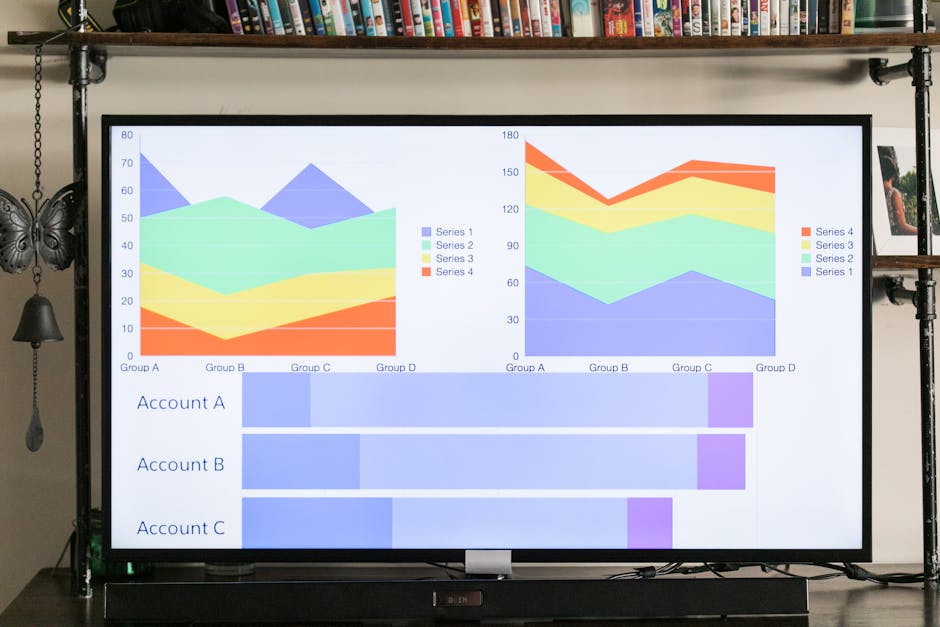**
The dust of the Sahara desert is thick with despair. In the sprawling, sun-baked cities of Nouakchott and Nouadhibou, a dragnet is tightening on thousands of Sub-Saharan African migrants. For those who once saw Mauritania as a stepping-stone to Europe or even a place to build a life, the country has become a trapdoor. This is not a routine immigration check; it is a systematic, state-sponsored campaign of mass deportation, and its roots trace back to the corridors of Brussels.
The Midnight Raids and Forced Removals
For months, reports have detailed a chillingly efficient operation. Eyewitnesses describe security forces descending on migrant-heavy neighbourhoods in the dead of night, rounding up individuals based on their skin colour. Malians, Senegalese, and Guineans are being ensnared in these raids. Their documents—valid or not—are often disregarded as they are herded onto buses, stripped of their belongings, and driven to the unforgiving borderlands.
This mass deportation campaign tears families apart, dismantling lives built over years in a matter of hours. Many are dumped without resources in the remote desert near the Malian border, left to fend for themselves.
The EU’s €210 Million Deal: A Pact with a Price
This crackdown is not a random act of a sovereign nation. It is the grim fulfilment of a bargain. At the heart of this crisis lies a controversial €210 million deal signed between the European Union and Mauritania earlier this year.
Publicly, the agreement is framed in the sterile language of development aid and “migration management.” On the ground, the reality is far more brutal. The EU, desperate to stem the flow of African migrants reaching Spain’s Canary Islands via the perilous Atlantic route, has effectively outsourced its border control. Mauritania, a nation grappling with its own economic challenges, has become Europe’s de facto gatekeeper. EU funds are now equipping Mauritanian security forces to act as a buffer, directly financing the very raids leading to this humanitarian catastrophe.
The Staggering Human Cost of Outsourced Borders
The human cost of this policy is staggering. Many of the migrants being deported are not merely in transit; they are workers, small business owners, and labourers integral to Mauritania’s informal economy. They sent remittances home, supporting entire families across West Africa. Now, they are left with nothing.
Human rights watchdogs have sounded the alarm, highlighting the complete lack of due process and the inhumane conditions of the deportations. These actions are clear violations of international law, yet the campaign continues unabated.
A ‘Fortress Europe’ Policy Inflaming Old Wounds
This campaign also cuts deep into Mauritania’s own complex social fabric, a country with a painful history of slavery and racial tensions between its Arab-Berber and Black African communities. By overwhelmingly targeting Black Africans, the deportation campaign risks inflaming these existing fault lines and fostering a climate of xenophobia.
This is a stark example of the “Fortress Europe” mentality, where wealthier nations erect invisible walls by paying poorer countries to police their borders. This approach does not solve the root causes of migration—poverty, conflict, and climate change. It merely pushes the problem out of sight, making the journey for the desperate more dangerous and deadly.
The mass deportations in Mauritania are not just a local issue; they are a direct consequence of European policy. As buses loaded with shattered dreams rumble towards the desolate Malian border, they leave behind a trail of moral questions. What is the real price of Europe’s secure borders? The sands of the Sahara may shift, but the stain of this inhumanity will be much harder to erase.
**




